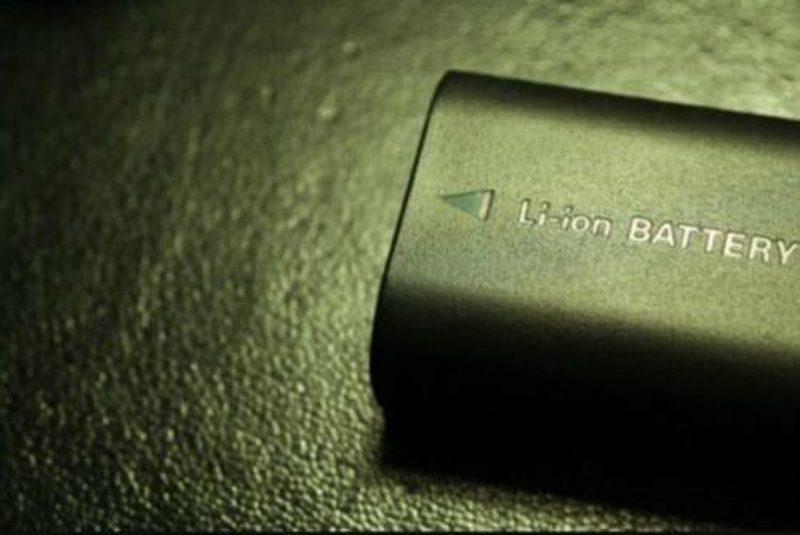The article provides detailed insights into six different types of lithium-ion battery technologies that are paving the way for advancements in electric vehicles, smartphones, laptops, and renewable energy storage systems.
1. Lithium Cobalt Oxide (LiCoO2):
– Widely used in consumer electronics due to high energy density and good performance
– Known for its stability but is prone to overheating and safety concerns
– Commonly found in smartphones, laptops, and digital cameras
2. Lithium Manganese Oxide (LiMn2O4):
– Improved safety and thermal stability compared to lithium cobalt oxide
– Suitable for power tools and medical devices due to higher discharge rates
– Offers a balance between performance and safety
3. Lithium Nickel Manganese Cobalt Oxide (NMC):
– Provides a compromise between energy density and power capability
– Used in electric vehicles and energy storage applications
– Offers improved cycle life and thermal stability
4. Lithium Iron Phosphate (LiFePO4):
– Known for high thermal stability and long cycle life
– Excellent choice for power tools, electric vehicles, and solar energy storage
– Lower energy density but compensates with safety and longevity benefits
5. Lithium Nickel Cobalt Aluminum Oxide (NCA):
– Offers high specific energy and power density
– Commonly used in electric vehicles due to its high performance
– Balance between energy density and power capability
6. Lithium Titanate (Li4Ti5O12):
– Known for exceptional safety and long cycle life
– Used in rapid charging applications and energy storage systems
– Lower energy density but excellent for high-power applications
Each lithium-ion battery type has its unique set of characteristics that cater to different applications and requirements. As technology continues to advance, researchers and manufacturers are exploring ways to improve battery performance, safety, and sustainability.
By understanding the strengths and limitations of each lithium-ion battery type, engineers and consumers can make informed decisions when selecting the appropriate technology for their specific needs. The continuous innovation in battery technology is driving the transition towards a more sustainable and electrified future, unlocking new possibilities for energy storage, transportation, and electronics industries.




























